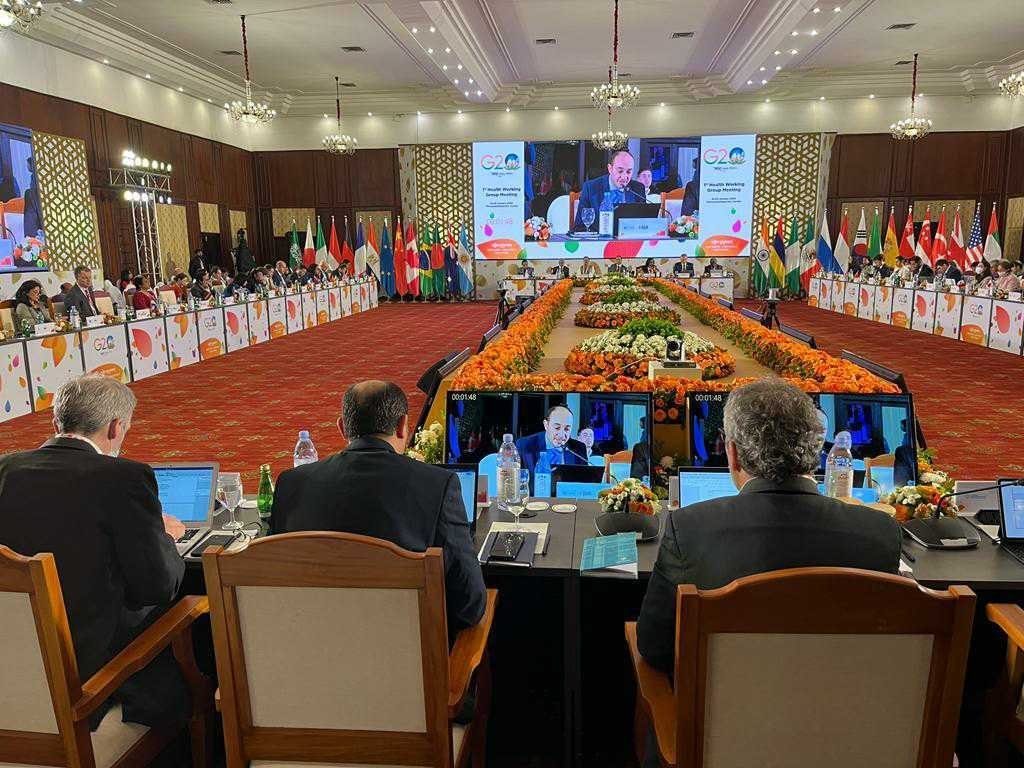I-DAIR Statements at the G20 Health Working Group Meeting
I-DAIR, represented by Board Chair Dr. Christoph Benn and interim CEO Dr. Mehdi Snène, was invited by the Indian G20 presidency to the G20 Healthcare Expert Working Group in Kerala from January 18th to 20th, 2023.
Statement on Digital Health
I profit from this opportunity to thank the G20 Indian presidency for this initiative and for making digital health a major subject in the health work stream and for taking the debate further with a clear plan for implementing transformative steps towards a global digital health leadership and strategy.
As an organization actively involved in the implementation of digital health and AI transformation at the global scale, I-DAIR is already addressing a recognized gap in providing unbalanced access to digital and AI for health, I will cite some examples such the access to the genomic sequencing capabilities for rare disease, brain health and brain simulation platform, precision medicine, AI for drug discovery and much more. One step toward a “ONE” digital health, we hope that the G20 members will take urgent steps towards the implementation of an open, fair and equitable Digital transformation plan where healthcare practitioners, clinical and medical researchers and patients are in the center of such transformation. We are also advocating for a global digital transformation where the focus is not only on health data sharing but also on data outcomes sharing while reinforcing the national health data sovereignty by adopting new mechanisms and technologies such as federated learning.
We also hope that G20 members could play a visionary role beyond the immediate action of digital transformation for shaping the impact of the artificial intelligence and frontiers tech such as the quantum computing on the future of health care systems, with more investment and actions for research and development program benefitting particularly smaller and less resourced countries, but also for promoting and coordinating entrepreneurship ecosystem for advanced technologies health.
We welcome and support the creation of a corpus fund to provide much needed additional funding for the promotion of digital health and AI for the benefit of all countries and the most vulnerable populations. This is a great and essential step to ensure that digital health will not exacerbate inequalities and gaps in healthcare access.
Statement on Integrative and Traditional Medicine
We thank the G20 Indian presidency for making wellness, integrated care, patient centricity and traditional medicine as a subject matter of the G20 healthcare working group.
Traditional medicine will be invaluable for achieving Universal Health Coverage. To realize the potential, and although the growing body of evidence that suggests traditional medicine can be effective in treating a wide variety of health conditions. There is still a lack of data to support many of these claims. This is where data analytics, artificial intelligence (AI), and big data could come in. Together, these three technologies can be used to bridge the gap between evidence and practice in traditional medicine and empower researchers and developers of Traditional Medicine.
There is no contradiction between modernization, digitalization and traditional medicine, and the digital transformation effort could mostly benefit Traditional Medicine, to capture and sustain the existing tacit knowledge, to accelerate the dissemination and large adoption and most importantly to analyze, find and extract evidence of effectiveness and efficiency.
In close collaboration with the WHO and the Global Center of TM, at I-DAIR we have started developing a first AI enabled framework to inventorying the evidence of TM through the use not only the clinical and medical data but also unstructured data, big data and unusual data with an initial goal to determine the existence of patterns or lines of evidence that are not usual or not standardized within the classic models of clinical tests. We welcome all G20 countries that are interested in joining the collaborative effort and we would like to thank India again for all the deployed efforts for raising the awareness and the importance of TM in the integrated health approach.


